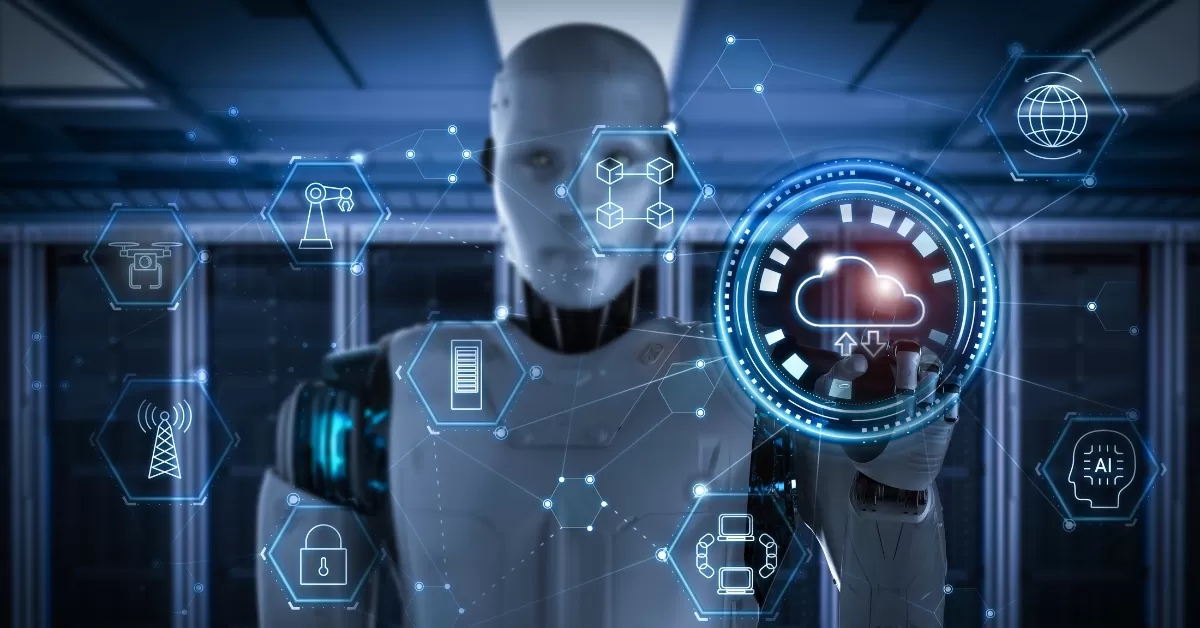A comparative analysis of Laravel and Flask frameworks for your web development

4 min read | By Postpublisher P | 27 November 2023 | Technology
Have you ever been stuck in building websites? Does coding complexities make your head spin? Well, worry no more! Every problem has a solution. Building a website can be a tough job, but with the right frameworks, you can build websites easily.
Choosing the right web development framework for your project is mandatory. It can create a great impact on your web app’s quality, scalability, and efficiency. Every framework has various pros and cons. Let’s take a deep look at Laravel and Flask by comparing their features, ecosystem, performance, and other factors in this blog.
Laravel VS Flask
Laravel is a PHP framework that provides tools to help you develop applications easier. It has MVC architecture and handles authentication, routing, etc. It’s faster, convenient, and avoids the need for starting from scratch.
Flask is a lightweight framework for Python. It is easy to build web apps quickly. Its WSGI (Web Server Gateway Interface) makes it suitable for a wide range of projects. It also provides tools and libraries for web development tasks.

Key Features
Both Laravel and Flask offer various features. Laravel is known for its graceful design and expressive features. One cool thing about Laravel is that it helps you organize the code you write using the Model-View-Controller system. It comes up with useful web development tools like “Blade”. This makes it easy to create your website without writing a bunch of complicated code. User authentication and testing are the common tasks in website building. And, Laravel makes these tasks much easier.
On the other hand, Flask offers flexibility in choosing components like security features, session management, and database integration. Flask uses a templating engine called Jinja 2. It helps you create the website’s visual elements using HTML easily. It is designed to be clear and simple, especially if you’re familiar with writing code in Python.
When choosing between them, consider the level of structure and features your project needs. Laravel is excellent for larger and more complex project works. Whereas, Flask is perfect for smaller to medium sized projects due to its simplicity.
Database Support
In the database functionality, Laravel framework offers resources like Eloquent ORM, migration functionality, and seeding options. Eloquent ORM makes it simple to interact with databases. It allows you to use objects instead of complex SQL queries.
Meanwhile, Flask depends on SQLAlchemy ORM and Flask-Migrate for database tasks. SQLAlchemy ORM lets you work with databases using Python objects. Flask-Migrate helps to handle database schema modifications. Both frameworks provide you flexibility and ability to manage databases efficiently.
Routing and URL Handling
Laravel and Flask differ in their approach to routing and URL handling. Laravel helps to manage various parts of your website. The routing system is well organized with named routes. Its variable route parameters makes it flexible in managing different types of inputs.
In contrast, Flask gives a simplified approach to route definition. It uses simple variables and rules. This provides you with a clear and concise method to map various URLs directly to specific functions. This simplicity helps you to connect web addresses to functions on your site.

Community and Documentation
Laravel has a strong and supportive community which assists you at every step. You can access forums, tutorials, and social media groups for seeking help and sharing your experience. It also provides a complete guide to understand concepts, troubleshoot issues, and build scalable solutions.
Flask has a diverse community which is ready to offer you numerous support. There you can find tips, collaboration opportunities for a wide range of projects. With its user friendly documentation, you can set up and deploy apps.
Adaptability And Customization
Laravel provides flexibility through Composer packages and Laravel Mix. Using Composer packages, you can plug into Laravel for extra features easily. With Laravel Mix, you can customize and manage front end elements like scripts and styles. You can fit your specific needs with these tailoring solutions.
You can enhance Flask’s capabilities by adding Flask extensions. If you want to create strong connections between different computer programs, Flask has Flask-RESTful. It makes customized communications links (APIs). Both the framework offer extensions that enhance functionality and let you adjust Flask to your needs.
Conclusion
Alright, now you got a clear idea about Laravel vs Flask, their cool features, how they handle databases and customization options. If you like simplicity and have small sized projects, Flask is the best way to go. If your project needs a complete solution, Laravel is the perfect fit. In the end, it’s about your personal preference and your specific project needs.
The latest from our editors
Join over 150,000+ subscribers who get our best digital insights, strategies and tips delivered straight to their inbox.

